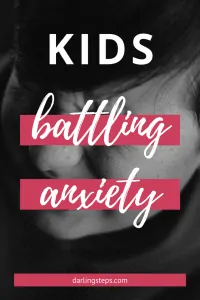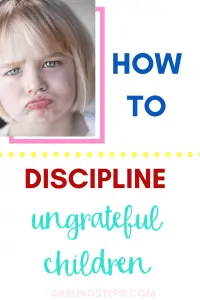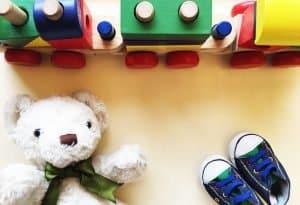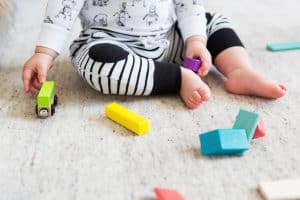Tips for Dealing with Anxiety at Bedtime in Children
Tips for Dealing with Anxiety at Bedtime in Children
Getting children to go to sleep can be a challenge for most parents. However, if your child starts to show anxiety about bedtime, or genuine fear, it’s time to get to the bottom of the cause and take action to help them get a healthy and restful sleep every night.
How Much Sleep Do Children Need?
In general, school-aged children need ten to eleven hours of sleep per night. Unfortunately, sleep stealers such as homework, TV, DVDs, gaming, texting, and so on, can all have an impact on their sleep. Even five-year-olds want to stay up late and watch TV. They are anxious that they might be missing out on lots of fun. Even when they are tired, or even over-tired, it can be tough to get them to settle down for the night.
A calming routine of bath, PJs, and a bedtime story can help them wind down enough to be able to sleep.
Night Terrors
Some children are afraid of the dark. A nightlight can help. You can also play games in the dark to make it seem less scary, such as a treasure hunt with a flashlight or hide and seek in dark places like closets.
Other children don’t like to sleep on their own. Parents will often let the child come in with them, and they all fall asleep and end up sharing the bed all night. This can be a bad idea for several reasons. It can become a bad habit and cause intimacy issues between a couple. A sleeping adult can also cause serious damage to a child by rolling over, or through a misplaced elbow or knee.
If you wait until the child falls asleep to pick them up and carry them to their room, it might wake them. It can also be very disorienting if they wake in the middle of the night in a different place.
Nightmares
Many children have bad dreams. Avoiding scary subject matter in books and movies can help. Limit the amount of news they see on TV and what topics are discussed around the dinner table. If there are family tensions in the house, don’t allow the conflict to spill over to the point where it will make your child anxious.
Some nightmares are based on reality, like the time a big dog chased them. Deal with real-life events like this at the time by soothing them but not making a huge fuss. Try distracting them instead, so they don’t dwell on it.
Similarly, if they have a nightmare, don’t make them relive it by telling you about it. This might cause them to dwell on the dream and make it a recurring one. Reassure them that it was only a dream that came from their imagination, and then distract them with talk of more exciting topics.
Don’t engage with the content of the dream by hunting for “monsters” under the bed or in the closet. This might make them even more scared. Have them picture a safe, happy place, and that should counteract their fear and help them understand that their mind can create both monsters and paradises alike.













